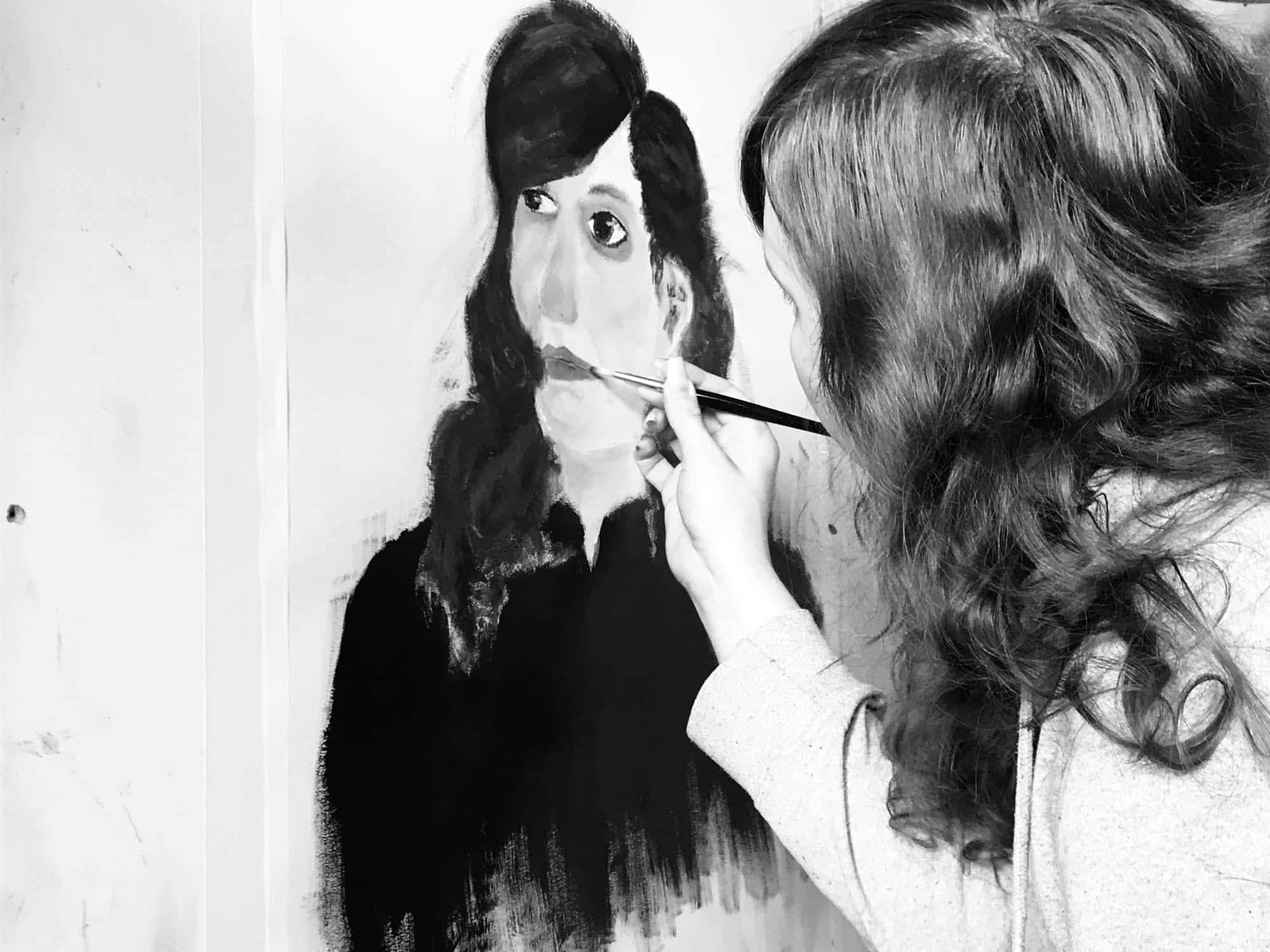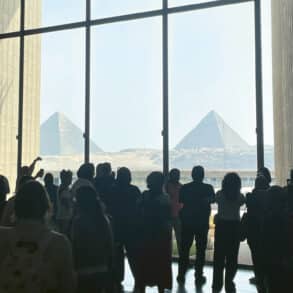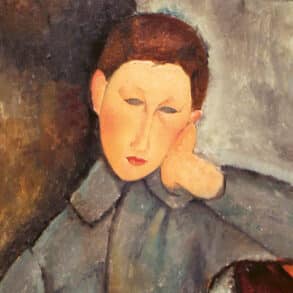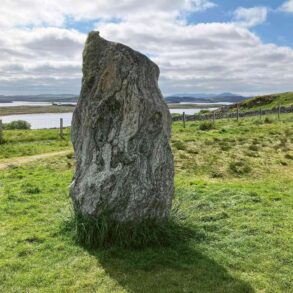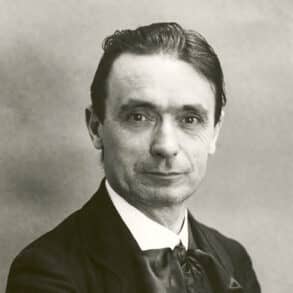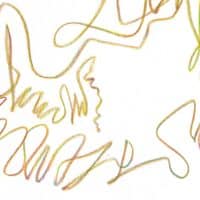How we are engaging with the “transgender phenomenon” highlights a signature of our times: we have reached the end of certainty—we have arrived at diversity and complexity. This calls for a different awareness and a questioning of how we hold the dialogue with each other and with ourselves.
Disgust, anger, indignation, defensiveness, fear, confusion, tenderness, concern, enthusiasm, and even joy. If a conversation about the transgender phenomenon can evoke this kind of spectrum of emotions, regardless of whether we are directly affected by it or not, we have to wonder: What is being exposed here? What is being asked for?
Confronted by what, up until now, seemed unambiguous—boy or girl, man or woman, black or white, solidarity or lack of solidarity, good or bad—now we find no absolute certainty. Ok, maybe there never was any. Nevertheless, we can’t help the sense that we no longer hold definitive moral directives in common. Like so many other contemporary conversations the one around the “transgender phenomenon” reveals a diversity that goes much deeper than our outer differences. Individuality extends right down into how we determine what is right and wrong, for ourselves.
For transgender people, this metaphorically and literally goes to the heart of what was previously considered God-given and unchangeable: our body and the associated firm certainty that we inherited this body and must live with it. We are at a real threshold: suddenly, I can change what I want the world to see when they look at me and how I want to stand in the world, right down to a physical remodeling. Perhaps I can also fundamentally change how I look at the world.
Beyond Opinions
This is raw and tender territory—for all of us. We encounter something unexpected and ambiguous; we need to make choices that we don’t fully understand. We can’t locate an objective authority with clear directions for navigating this newness—as if we’ve lost our gods, the ones with the great guiding pictures, and all we have left are our multifarious opinions. If that makes us free, we are suddenly on shaky ground. What happens when we find ourselves in this place of ambiguity? As a child? As an adult?
If I cling to terra firma, or terra familiar, and scramble to defend it, even if I’m not sure what “it” is, I might feel secure; I might find solidarity. But I’m more likely to get dragged into arguments, into categories, into defining right versus wrong. I can’t explain myself; I don’t understand; I can’t conjure counter-arguments that make a difference. I put a wall around my feelings; my opinions ossify. Diversity degenerates into divisiveness and further into defensiveness. It sucks the light out of me. And yet, I can’t seem to escape the irresistible pull of this darkness.
How can you escape a black hole? Maybe it begins with the realisation: the black hole is not somewhere out there; it is inside me, too. The signature disputes of our times challenge me to claim myself, to carry my own light. Not as right or wrong but simply as mine. It’s a push to discover that I have a perspective—and so do you. Perspective not as opinion or agenda—perspective simply as the unique position that we each have in the world as our birthright. Perspective that we have earned, through the life we’ve led, so we could come to this point in time and to this encounter with each other. This is how I own my black hole. This is how I transcend it. My perspective shapes me; I begin to sense it, and my defensive opinions soften and dissolve. I just stand here, with you, in the darkness. We are all galaxies.
Beautiful Uncertainty
What is the benefit, perhaps even the beauty of complete uncertainty? Sit with this question for a moment, if you dare. We might find that absolute uncertainty is the only place where the good, the beautiful, and the true questions live, where real interest is born. We’re led back into the light not by resolving our differences but by figuring out together how we got here in the first place. Curiosity (and a little humor) trump a black hole.
It’s paradoxical. When I am curious about you, I am most myself. Why? Because I can only be genuinely curious out of my own questions. Interest and attention stimulate imagination—the joy of discovery is joie de vivre. It is a threefold movement: from becoming present, through vulnerability, to curiosity as a deed. From clear and attentive thinking, to feeling the fear and staying with it, to asking the beautiful question—the action that dissolves the walls of resistance. Become curious. Start with yourself. What is important about this, for you?
New Faith
In your Nothingness, I hope, the All I will recover. — Faust
Where does my ability to endure uncertainty come from? Religions offer the concept of faith—trust in a higher being that I have located outside of myself. Polytheism, monotheism—are we now on the cusp of self-creation? Perhaps the new faith lies precisely in my empowered will to overcome myself and prepare the space of encounter independently. This is where consciousness grasps itself anew.
Leaving certainty means arriving at the direct perception of the other. Getting there is like walking on raw eggs that you don’t want to break because the unborn is sheltered within them—the one that we don’t yet know what it wants to become. To live with diversity therefore means to actually live it, to incorporate it. It is said that the “I” is genderless. If so, then within the “I” is our opportunity to stand in our perspective, in our individuality, and start a dialogue beyond agendas and opinions. This does not bring us to an end but to a beginning. What begins at the end of absolute certainty?
Image Frey painting her self-portrait, Photo: Gilda Bartel.

